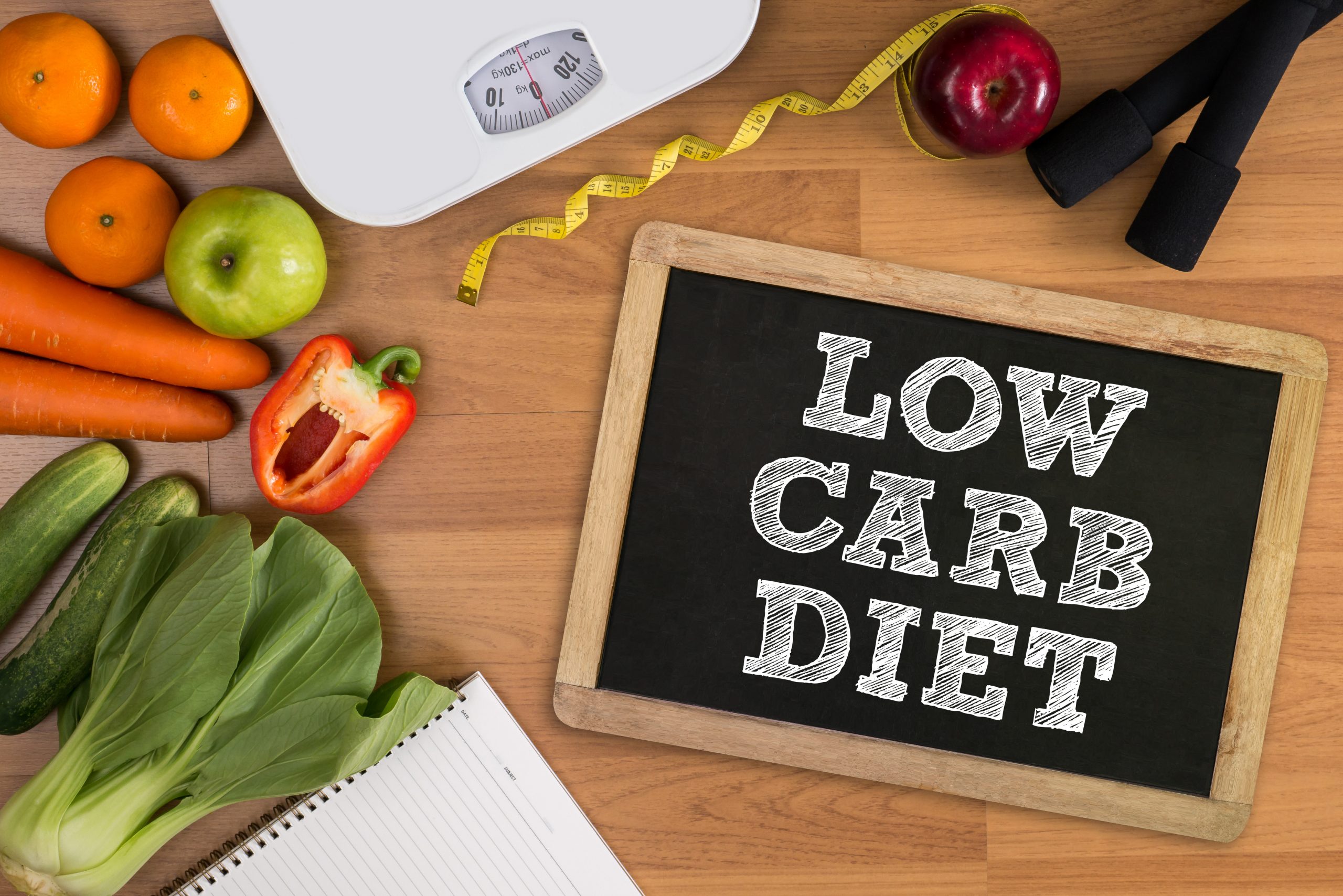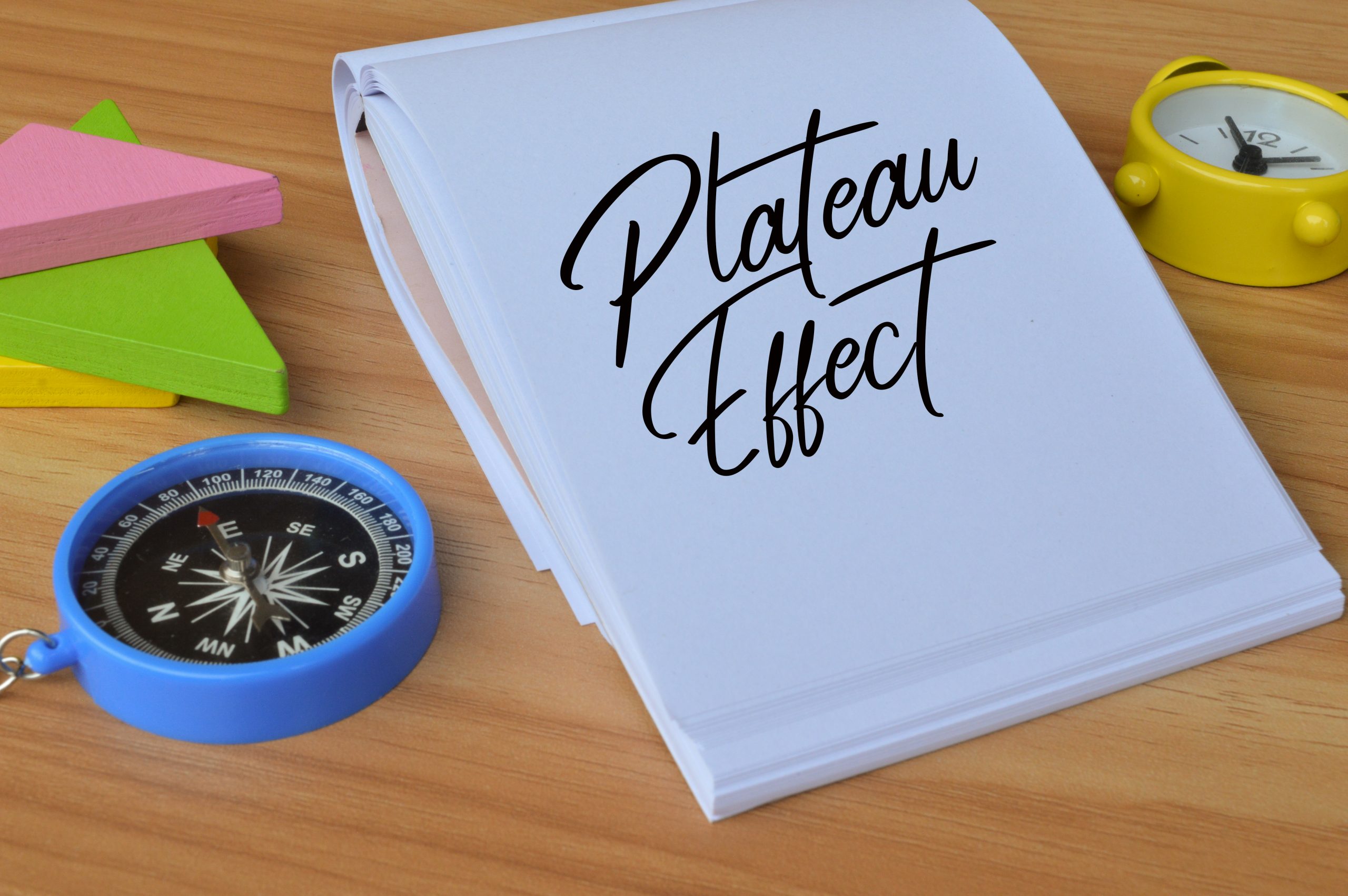When it comes to weight loss, adopting a healthy and balanced diet is key. While there are various approaches to achieving weight loss goals, a high-protein diet has gained significant attention for its potential benefits. A high-protein diet focuses on increasing the intake of protein-rich foods while reducing the consumption of carbohydrates and fats. In this article, we will explore the benefits of a high-protein diet for weight loss and how it can support your journey to a healthier you.
- Increased Satiety: One of the major advantages of a high-protein diet is its ability to promote feelings of fullness and reduce appetite. Protein takes longer to digest compared to carbohydrates and fats, leading to increased satiety and a decreased likelihood of overeating or snacking on unhealthy foods. This can be particularly beneficial for individuals looking to control their calorie intake and reduce cravings.
- Increased Thermogenesis: Protein has a higher thermic effect compared to carbohydrates and fats, meaning that the body uses more energy to digest and process protein-rich foods. This increased thermogenesis can boost metabolism and calorie expenditure, contributing to weight loss. In fact, research suggests that a high-protein diet can lead to a higher calorie burn throughout the day compared to diets higher in carbohydrates or fats.
- Preserved Lean Muscle Mass: When losing weight, it’s essential to preserve lean muscle mass. A high-protein diet provides the necessary amino acids to support muscle growth and maintenance. By preserving lean muscle mass, you can promote a higher metabolic rate and improve body composition, helping to achieve a toned and lean physique.
- Improved Blood Sugar Control: High-protein meals have been shown to have a positive impact on blood sugar control. Protein slows down the digestion and absorption of carbohydrates, preventing rapid spikes in blood sugar levels. This can be particularly beneficial for individuals with diabetes or those looking to manage their blood sugar levels.
- Reduced Cravings and Emotional Eating: Protein has been found to help reduce cravings and emotional eating. Including protein-rich foods in your meals and snacks can help stabilize blood sugar levels and prevent the fluctuations that often lead to cravings for sugary or high-calorie foods. By curbing these cravings, a high-protein diet can support healthier food choices and long-term weight management.
- Increased Fat Burning: A high-protein diet can stimulate the body’s fat-burning processes. Protein helps to increase the production of glucagon, a hormone that promotes the breakdown and utilization of stored fat for energy. By increasing fat burning, a high-protein diet can support weight loss and improve body composition.
- Enhanced Muscle Recovery and Repair: Protein is essential for muscle recovery and repair, particularly after exercise. Including an adequate amount of protein in your diet can help support muscle repair, reduce muscle soreness, and enhance exercise performance. This can be beneficial for individuals engaging in regular physical activity to support their weight loss efforts.
- Balanced Nutrient Intake: A high-protein diet, when properly balanced, can provide a range of essential nutrients. Protein-rich foods are often nutrient-dense, meaning they contain a variety of vitamins, minerals, and other beneficial compounds. By incorporating a variety of protein sources, such as lean meats, poultry, fish, dairy products, legumes, and nuts, you can ensure that your body receives a wide array of nutrients necessary for overall health.
- Long-Term Weight Management: A high-protein diet is not only effective for short-term weight loss but also for long-term weight management. Protein-rich foods can help regulate hunger hormones, reduce cravings, and provide sustained energy throughout the day. By focusing on protein as a primary macronutrient, you can establish a sustainable eating pattern












